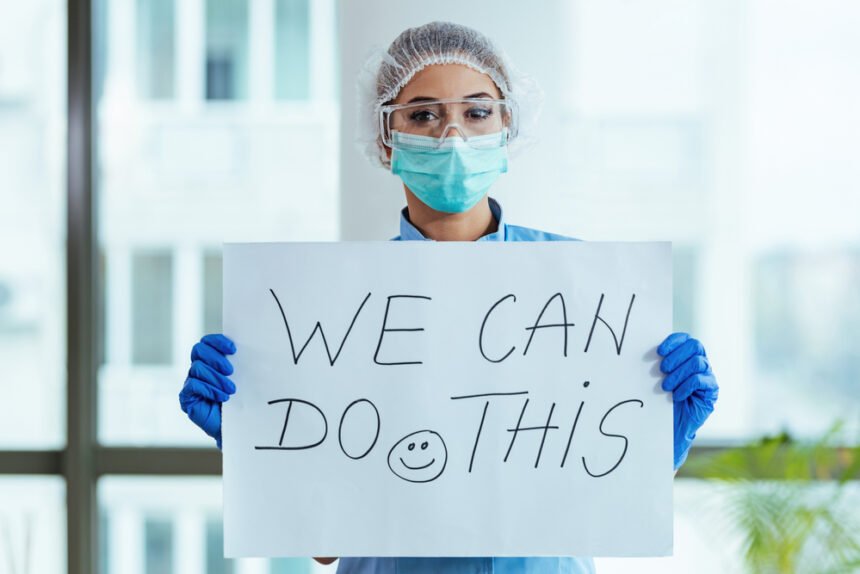Healthcare practices around the world have been impacted by the Coronavirus pandemic. There were huge adaptations that were required of many practices and certain areas of healthcare were deemed unessential. The dental industry was plagued with huge numbers of jobs lost as only emergency procedures were available. The industry is quite resilient as much of the income was just delayed rather than completely lost. All practices that are re-opening are going to need to take unprecedented precautions to reduce the spread of COVID-19 among their patients/staff. Below are tips to help improve safety at a practice now that more healthcare offices are eligible to open again.
Telemedicine for Certain Conditions
Telemedicine has erupted in popularity due to the social distancing restrictions that have been enforced throughout the world. In the United States, the adoption of telemedicine has been delayed for a variety of reasons. Many in the older community were not willing to sacrifice the physical doctor visit as they felt telemedicine would decrease their quality of care. Doctors were apprehensive to do this as these visits were not billed in the same manner as physical visits. Billing restrictions have been lifted during the pandemic in order to reduce interaction between possibly infected patients.
Stay in Your Vehicle Checkups
The beauty of technology is that a practice could have a patient wait in their vehicle to be called when it is time to be seen. Waiting rooms can be a hotbed of sickness regardless if it is COVID-19 or the common cold. There have been drive-thru type appointments in certain situations during the peak of the pandemic. A person might not come into contact with any other patients and staff should handle the opening of doors. Putting cones in the parking lot that require space between cars is another option. Patients can even exit the building out of a different door to help the flow of patient traffic go smoothly.
Sneeze Guards for Administration
The staff is going to be at risk while working especially at primary care practices. The administration is going to have to have sneeze guards even if the patient feels like their experience is less personable. The last thing that anyone wants is an administrator being infected that checks in every patient into the practice. The member of the staff could be asymptomatic which could lead to a large number of patients being infected. Sneeze guards or facial protection for physician assistants and other staff needs to be a priority. Individuals fighting the virus on the front line need to take every precaution necessary.
Reduce Contact Where Possible Between Patients
Reducing contact between patients might require a practice to leave some openings in their schedules. There is going to need to be intensive cleaning of rooms where patients are seen. COVID-19 can live on certain surfaces for extended periods which makes it a requirement to disinfect areas where patients frequent. There could be a check-in process that includes the use of a robot or tablet attached to a moving remote-controlled cart. Hospitals have utilized this across the country in order to reduce staff to patient contact where it was not necessary. Certain practices instituted special rules to prevent the spread of the virus.
Masks and Gloves
Masks and gloves need to be required for patients and staff. Patients that refuse to wear these should be asked to wait outside as they could be exposed to COVID or be spreading the virus. Studies have shown that masks help reduce the spread but there are still individuals willing to put others at risk. Putting a sign on the door that says this and having a member of the staff monitoring those entering the practice is imperative. You want all patients to feel comfortable during their visit and cannot sacrifice the peace of mind of multiple patients for one that thinks this deadly disease won’t impact them/their family. The opening of private practices has brought life back to many communities that have a large number of healthcare professionals. Private practices of all kinds allow communities to stay healthy as well as are large parts of local economies. Take the proper precautions to reduce the spread of the virus so life can return to normal once again.

